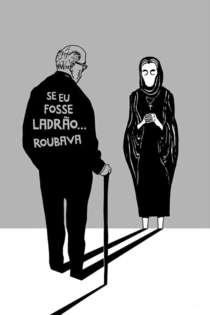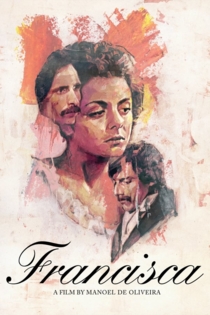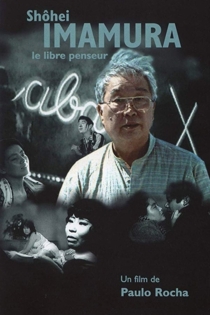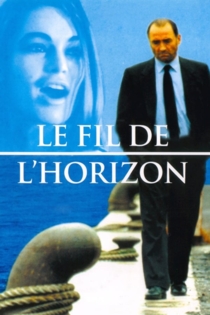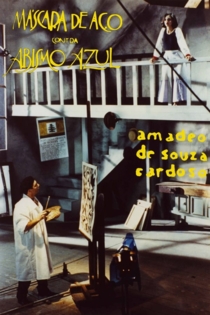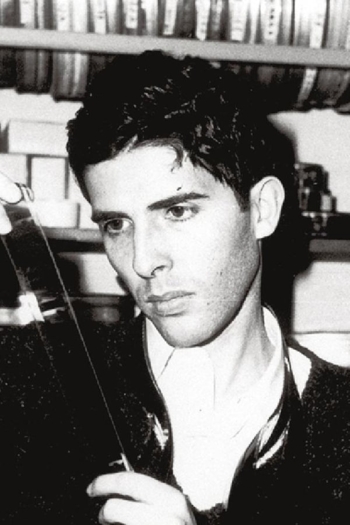
Paulo Rocha
1935 - 2012Abandoned Lisbon Law School to dedicate himself to the movies, and founded Cine-Clube de Lisboa (CCC) with Nuno de Bragança, João Bénard da Costa, Pedro Tamen and Alberto Vaz da Silva. In 1962, concluded his studies at IDHEC, Paris, France, but he says he learned more watching time and again Jean Renoir and 'Kenzo Mizoguchi' films than in academic film studies
The Green Years
Paulo Rocha
Rui Gomes, Isabel Ruth
Nineteen-year-old Julio heads to Lisbon from the provinces and gets a job as a shoemaker for his uncle Raul. But when he meets Ilda, a confident young housemaid who becomes a regular shop visitor, his working-class values collide with the bourgeois trappings of modern life.
The Green Years
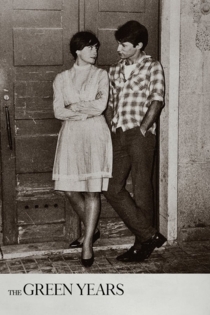
Change of Life
Paulo Rocha
Isabel Ruth
After a stint in the army fighting in Angola, a soldier comes home to find his sweetheart has married his brother. He makes advances towards his sister-in-law, but she turns him down. Discouraged, the man meets a new girlfriend who vows to escape the town's crushing poverty even if she has to steal.
Change of Life

Island of Loves
Paulo Rocha
Luís Miguel Cintra, Clara Joana
This film depicts the life of the 19th-century Portuguese writer Wenceslau De Moraes by means of nine ancient ballads from China. The writer married a Chinese woman after he left his wife and family to go live in Macao. Later, he moved to Japan where he fell in love with a Japanese woman, staying in Japan for the rest of his life. Mixed in with the career and loves of Moraes is the history of Portugal at home and in its colonies.
Island of Loves

A Ilha de Moraes
Paulo Rocha
Jakuchô Setouchi, Paulo Rocha
This film, made as a "twin" of A ilha dos amores, was planned as a poetic documentary on the enigmatic life of Wenceslau de Moraes (1855-1929), the great Portuguese writer who lived in the Far East. Verbal testimony, photographs, manuscripts, images of Lisbon, Macao, Kobe and Tokushima in Moraes' time are set side by side with A ilha dos amores and with de Moraes' writings. The director, Paulo Rocha, visited places where Moraes was still remembered, interviewed the writers descendants, consulted archives, rummaged through memories, appointment books, postcards, diaries and calendars from the private life of the 19th century. And above all he set out on a new journey, from Lisbon to Macao to Kobe until he reached Tokushima, where Moraes lived through the final ruin of his life and where Rocha tracks down, between the city and the cemetery, the living presence of places and the memories of individuals.
A Ilha de Moraes
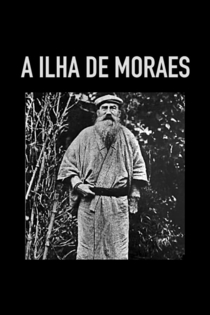
The Sound of the Shaking Earth
Rita Azevedo Gomes
José Mário Branco, Manuela de Freitas
Freely based on Gide ('Paludes') and Hawthorne ('Wakefield'), this is a film about a writer who never wrote anything and who blows at nightfall the breath of frost. The poem by Carlos Queiroz to which the above sentences belong is not cited in 'O som da Terra a Tremer', but the atmosphere is that, between written letters never received. Fiction within fiction, stories within stories, like those Chinese boxes in which there is always one inside another. Or the two margins of the same river, always being lateral.
The Sound of the Shaking Earth
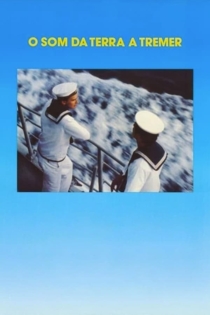
Lisboa no Cinema, Um Ponto de Vista
Manuel Mozos
Alberto Seixas Santos, António da Cunha Telles
The city during the beginning of cinema. The typical city at the time of the dictatorship. The New Lisbon of the New Cinema. Lisbon after the Revolution. The white city of foreigners. A geographical and moviegoer screenplay of Lisbon through the images of films and testimonies of several filmmakers who filmed in Lisbon.
Lisboa no Cinema, Um Ponto de Vista
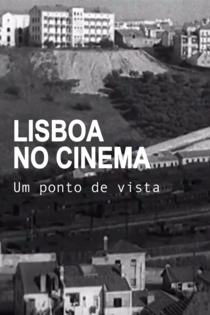
Le Soulier de Satin
Manoel de Oliveira
Luís Miguel Cintra, Patricia Barzyk
During the century of the Spanish Gold, Doña Prouhèze, wife of a nobleman, deeply loves Don Rodrigo, who is forced to leave Spain and go to America. Meanwhile Prouhèze is sent to Africa to rule the city of Mogador. Ten years later Rodrigo leaves America and travels to Africa in search of Prouhèze to find out that she died and eventually meeting her daughter.
The Satin Slipper
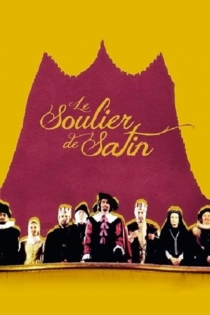
Oliveira, l'architecte
Paulo Rocha
Manoel de Oliveira, João Bénard da Costa
Paulo Rocha catches up with his “beloved subject” in Porto, where he made Douro, Faina Fluvial in 1929, and where today Oliveira reminisces about the figure of his father, his first experience of cinema as an actor, his past as a racing driver, his first technical experiences…
Oliveira, l'architecte
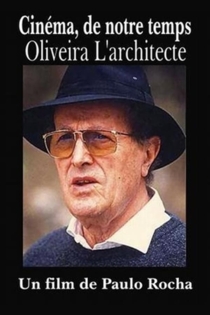
O Rio do Ouro
Paulo Rocha
Isabel Ruth, Lima Duarte
Carolina, an aging local grande dame who works at a crossing point on the titular river, marries another late-in-life character, the dredging-boat operator Antonio. Not long after their union, she becomes intensely jealous of Antonio's fondness for their winsome goddaughter, Joana, and insinuates herself into a relationship brewing between Joana and a mystical gypsy gold salesman. Soon, tempers are flaring, mystical secrets are being revealed and death is hovering over the central characters.
River of Gold
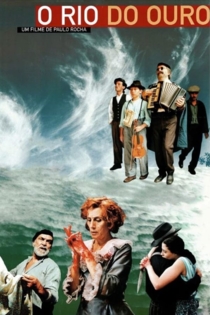
A Távola de Rocha
Samuel Barbosa
Paulo Rocha
'A Távola de Rocha' enables us to enter Paulo Rocha’s universe, to gather memories and find, within his personal and professional relationships, a key to decipher some of the unknown symbols and allusions contained in his films.
Around Rocha’s Table
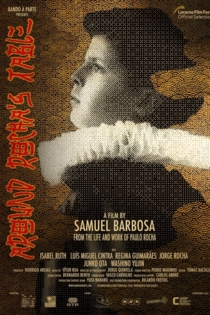
Três Menos Eu
João Canijo
Rita Blanco, Anne Gautier
A young woman, working as sales-girl at a shopping center's music shop, wants someone with whom to share her secrets. A distant mother separating from her father, an aunt who emigrated to France, and her pre-adolescent sister, can't do - neither the boyfriend. Such a confident arrives unexpectedly - but then there are three of them, one too much. One leaves, but then another young man arrives, and there are three again. One must go. A sad young adult love story, told in the first person, singular - and ultimately alone, under the rain.
Three Less Me
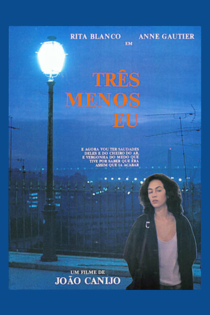
Se Eu Fosse Ladrão... Roubava
Paulo Rocha
Luís Miguel Cintra, Chandra Malatitch
1920s. Vitalino, a small farmer from São Vicente sees his father die of the epidemic which decimated the country. Some years later, of all the brothers, Vitalino is the strongest and takes his father’s place in the house. But the village is too small for his aspirations and he decides to head to Brazil, leaving his sisters in charge of the household. In parallel with Vitalino’s story, If I Were a Thief… I’d Steal portrays the world of Paulo Rocha rummaging through his films and ghosts over the years.
If I Were a Thief... I'd Steal
